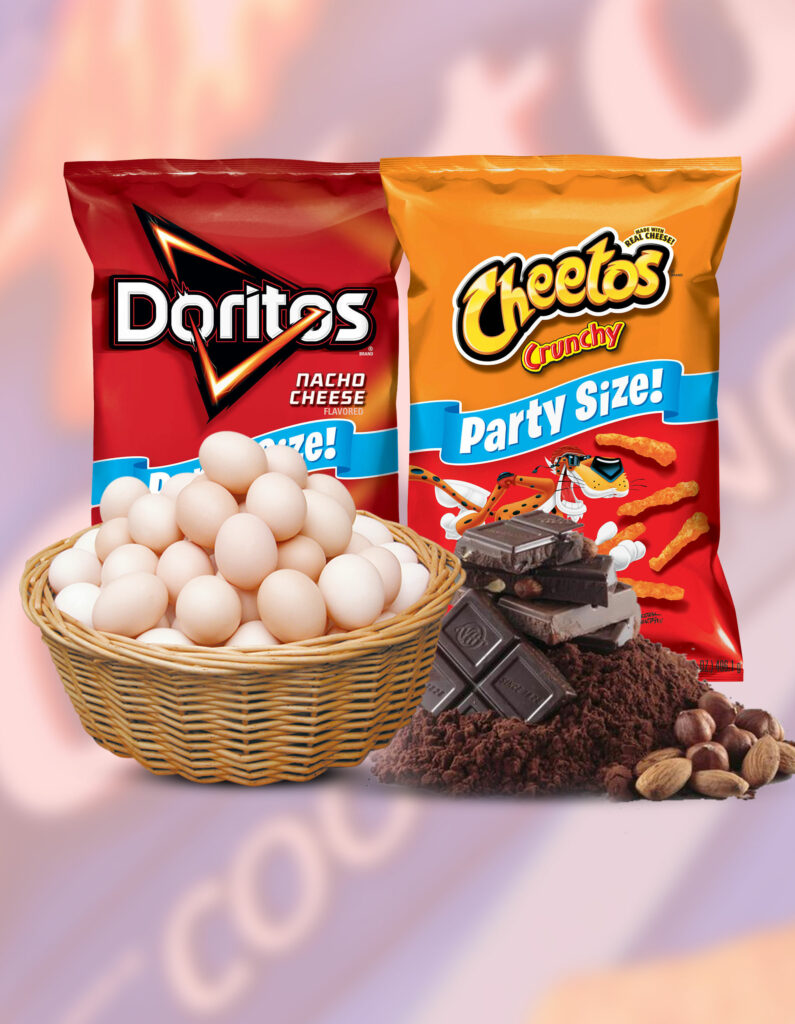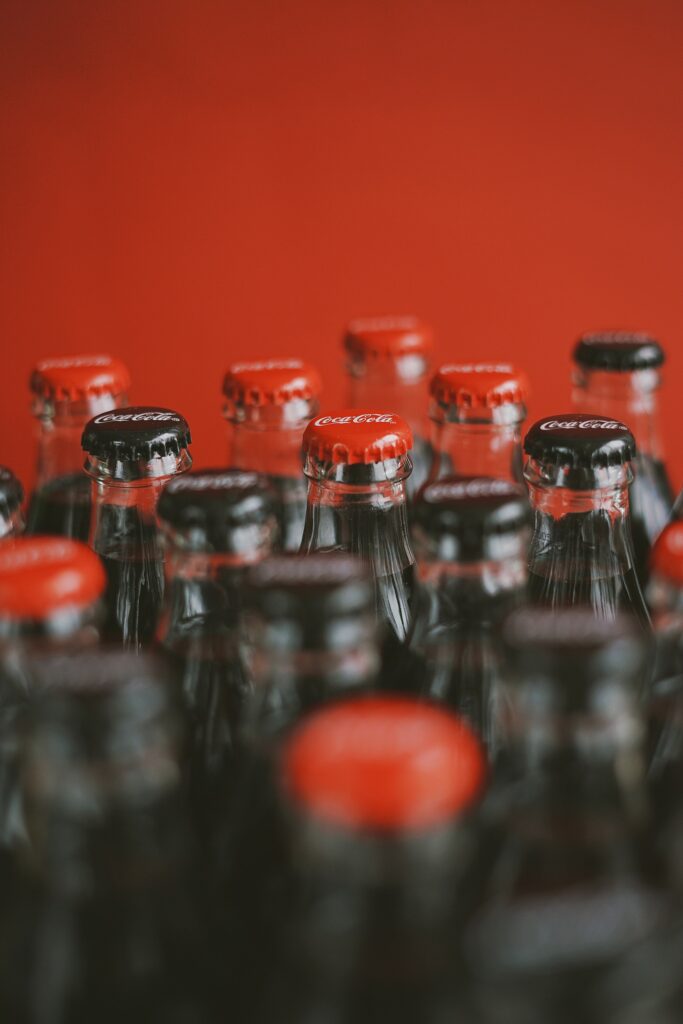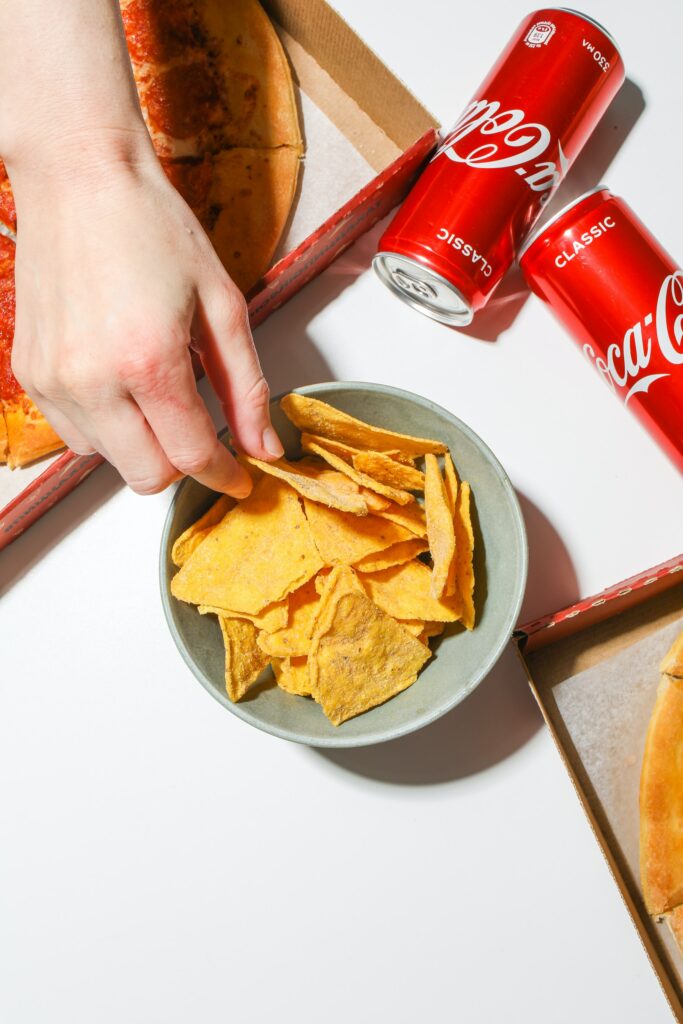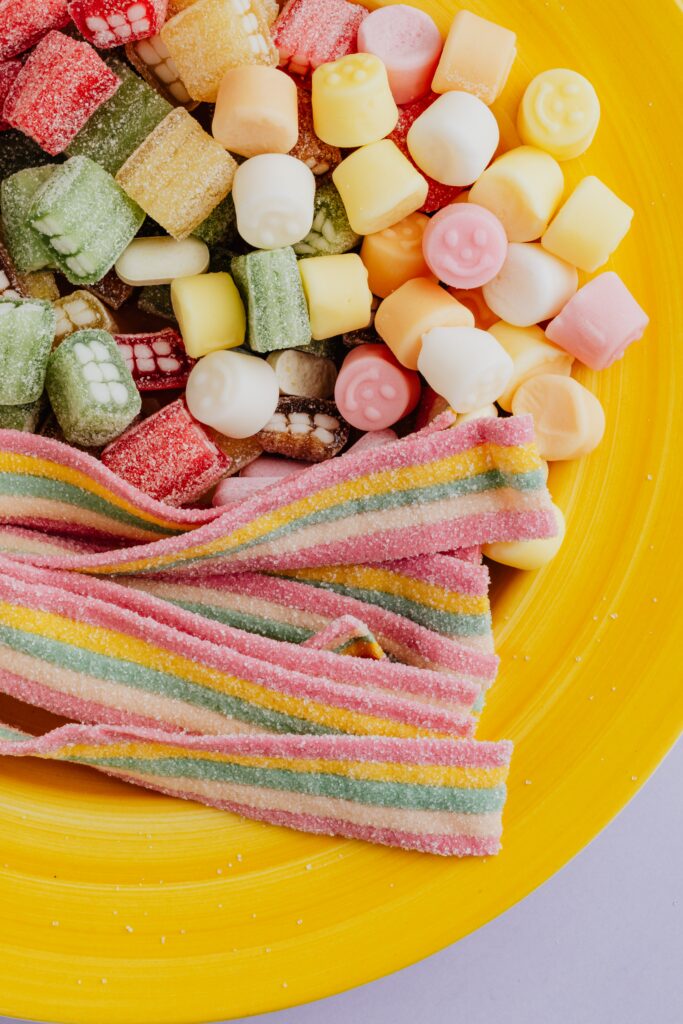Food is a necessary component of human existence and, for many, a source of delight and happiness. However, it can be difficult to distinguish truth from fiction given the wealth of knowledge accessible on diet and nutrition.
For years, a number of well-known food fallacies have persisted, frequently without any supporting evidence, causing people to make ill-informed dietary choices. These myths can substantially negatively affect people’s health by encouraging them to consume certain foods excessively or to avoid others.
We will examine some of the most widespread dietary myths in this piece and disprove them with facts. By the end of this article, you will have a greater grasp of what foods are healthy, what to avoid, and why.

Top 7 Food Myths Debunked
Do Doritos Contain Pork?
A brand of flavored tortilla snacks known as Doritos is created using maize, vegetable oil, and a number of spices. There is no pork in Doritos, despite the fact that some of the flavors used in them may contain animal goods like poultry or dairy.
Some Doritos varieties, like Cool Ranch and Spicy Nacho, contain ingredients that may be obtained from animals, which may create misunderstanding about whether or not Doritos contain pork.
These varieties, for instance, feature cheese powder, which is frequently produced using cow’s milk. In addition, some Doritos varieties, like Sweet Chili Heat, include poultry flour.
It’s essential to remember, though, that a product need not contain pork just because it includes ingredients with animal origins.
Pork is not mentioned as a component in Doritos, and the business that makes Doritos, Frito-Lay, has verified that pork is not used in Doritos manufacturing.
Can Pop Rocks And Soda Make You Explode?
The combination of pop rocks and cola won’t cause you to explode, and there is no proof that doing so could be fatal.
Small confectionery crystals known as “pop pebbles” are filled with carbon dioxide under pressure.
They discharge the gas, causing a popping feeling in the lips when they come into touch with moisture like saliva.
The urban myth that a kid had perished after ingesting both pop rocks and soda in the 1970s is probably where the notion that the two can be hazardous came from.
This myth, however, was disproved and never founded on any verified occurrences.
Mixing pop rocks and soda can be entertaining and safe, but it’s essential to understand that the sugar crystals will simply disintegrate in the beverage and cause a fizzing feeling.
There is no chance that the combination will result in a detonation or any other negative consequences.
It is safe to consume in proportion even though the mixture may give off an intriguing mouthfeel. Eating candy and other foods in proportion is always essential because overindulging can negatively affect your health.

Do Eggs Cause High Cholesterol?
Eggs are a wholesome and nourishing meal that can be included in a diet that is balanced. Despite the fact that eggs contain cholesterol, higher blood cholesterol levels are not always a result of consuming foods high in cholesterol.
It was long thought that eating foods rich in cholesterol, like eggs, could make you more likely to develop heart disease.
Recent studies, however, have revealed that the connection between food cholesterol and blood cholesterol levels is more nuanced than previously believed.
After eating eggs, some people may notice a slight rise in LDL (bad) cholesterol readings, but many people do not notice any appreciable changes.
Additionally, other elements like saturated and trans fats, fiber, and plant-based meals may have an impact on the total effect of dietary cholesterol on the chance of heart disease.
The American Heart Association advises people to consume no more than 300 mg of food cholesterol each day. With only 185 milligrams of cholesterol in a large egg, it is feasible to include eggs in a healthy diet and still remain within the advised ranges.
Did Coca-Cola Have Coke In It?
The word “Coca” in Coca-Cola derives from the fact that the initial version of Coca-Cola did indeed contain cocaine. In an effort to make a novel tonic beverage, pharmacist John Pemberton of Atlanta, Georgia, invented the beverage in 1886. Pemberton’s initial formula, which has trace quantities of cocaine alkaloids, includes coca leaves.
However, cocaine has never been a significant component of Coca-Cola and was completely eliminated from the formula in 1903 due to worries about its compulsive properties and tightening laws governing its use.
After that, the Coca-Cola coca leaf juice was de-cocainized, which meant that the cocaine alkaloids were taken out, and only the coca leaf taste remained.
Coca-Cola still includes coca leaf extract in its recipe today, but it is produced without the use of cocaine, and the quantity of cocaine compounds is minimal.
For this reason, the business has a unique agreement with the Peruvian government that permits it to import coca leaves. The company uses the coca leaf extract mainly for its flavoring qualities.

Can Hot Cheetos Give You Cancer?
No, there is no proof that eating Hot Cheetos or any other variety of Cheetos will cause cancer. A common snack food called Hot Cheetos is made of cornmeal and is spiced with chile powder and paprika to give it its distinctive spiciness.
Due to the high amounts of sodium, fat, and artificial components in Hot Cheetos, some people are worried about the possible negative impacts on their health. However, there is no solid scientific proof that moderate consumption of Hot Cheetos can lead to cancer or any other grave health issues.
To ensure optimum health, it is crucial to keep a varied diet that includes a range of foods, including fruits, veggies, and whole grains.
Even though Hot Cheetos make a great infrequent nibble, they shouldn’t be considered a primary source of nutrients. To keep a balanced diet, moderation is essential when eating any type of snack food.
Does MSG Cause Headaches?
Despite the fact that migraines have been linked to MSG (monosodium glutamate), the scientific data are conflicting.
MSG is a typical food ingredient that is used in soups, sauces, and snack foods, among other prepared foods, to improve the taste.
Some individuals have claimed to experience migraines after ingesting meals containing MSG, along with other signs like flushing, sweating, and tightness in the chest. However, research hasn’t reliably demonstrated a connection between headaches and MSG intake.
Sometimes, other causes of headaches, such as underlying medical problems, tension, or dehydration, can be identified.
Furthermore, some individuals may be more sensitive to MSG than others, and ingesting a lot of MSG may make symptoms more likely to appear. It’s essential to remember that most people believe that consuming MSG in moderation is harmless.
MSG is frequently used in many processed goods and is classified as generally regarded as safe (GRAS) by the US Food and Drug Administration (FDA). Limit your ingestion of MSG or seek medical advice if you’re worried that it might cause migraines or other side effects after consumption.

Does Chocolate Cause Acne?
There is no proof in the scholarly community that cocoa triggers acne. Acne is a prevalent skin disease that develops when oil and dead skin cells block hair follicles.
Hormonal changes, genetics, and specific medicines are just a few of the variables that can cause acne to appear.
Although some people have asserted that eating chocolate can cause acne outbreaks, science does not support this claim. There is no proven connection between eating chocolate and acne, despite the fact that chocolate includes sugar and fat, which may add to skin inflammation and other health problems.
The chance of getting acne and other face issues may, however, be increased by a diet that is high in processed, sugary foods and low in fruits and veggies. For general health, including skin health, it’s crucial to maintain a balanced diet full of a range of foods high in nutrients.
Final Thoughts
In conclusion, it’s critical to be informed about the truth when it comes to prevailing falsehoods and misconceptions about food.
Scientific data may not support claims that specific foods, like chocolate or eggs, can lead to health issues like acne or elevated cholesterol.
Furthermore, worries about other foods, like MSG or Spicy Cheetos, could be exaggerated or misinterpreted.
The key to fostering optimum health is maintaining a balanced and diverse diet consisting of various nutrient-rich meals.
While it’s essential to be aware of any health dangers connected to particular foods or components, fad diets or excessively rigid eating patterns should be avoided as they can limit variation and result in nutritional deficits.
In addition to meals, incorporating healthy homemade snacks into your diet can be a great way to boost your nutrition intake while satisfying cravings.
Snacks such as fresh fruit, raw veggies with hummus, trail mix with nuts and seeds, and smoothies with protein-rich ingredients like tofu or nut butter can provide both taste and nutrition.
A certified dietitian or healthcare expert can provide you with individualized counsel and direction if you have questions about the effects of particular foods on your health.
You can have a balanced diet that supports your general health by making educated decisions and remaining informed.






